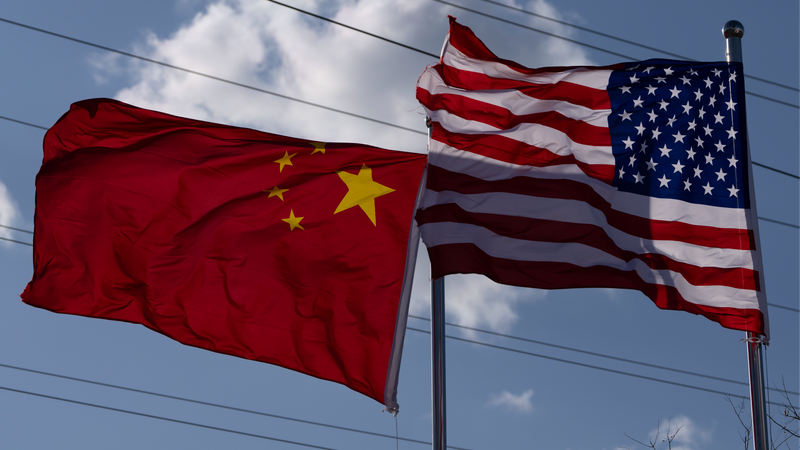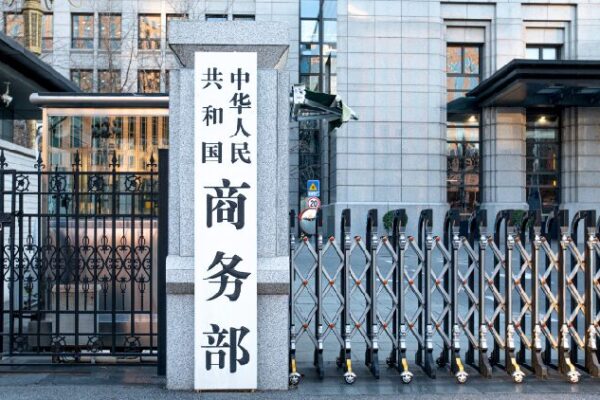The United States has placed dozens of Chinese companies on an export restrictions list, aiming to limit the Chinese mainland’s access to advanced technologies. This move is seen by many as an attempt to curb China’s rapid technological development. However, experts suggest that this strategy might not yield the desired results.
One of the major companies affected is Inspur Group, China’s leading cloud computing provider. Not only was Inspur Group added to the list earlier in 2023, but now six of its subsidiaries have also been targeted. The US alleges that these entities are assisting the Chinese military in developing supercomputers.
The rationale behind the ban is to prevent China from enhancing its high-performance computing capabilities, advancing quantum technologies, and expanding its hypersonic weapons program. Critics argue that China can circumvent these restrictions by collaborating with third-party entities to acquire the necessary technologies.
This isn’t the first time the effectiveness of such bans has been questioned. Tariffs and other protectionist measures have historically failed to achieve their objectives. The continued use of these strategies raises the question: Why does the US persist with policies that may not work?
Moreover, this approach could undermine the US’s stance on free trade. By imposing such restrictions, the US risks losing trust and respect among other nations. Some believe that these actions reflect a reluctance to accept the shifting dynamics of global power.
As the global community watches, it remains to be seen whether these bans will hinder China’s ambitions or simply encourage alternative pathways for technological advancement. One thing is clear: collaboration and open trade are crucial in our interconnected world.
Reference(s):
cgtn.com








